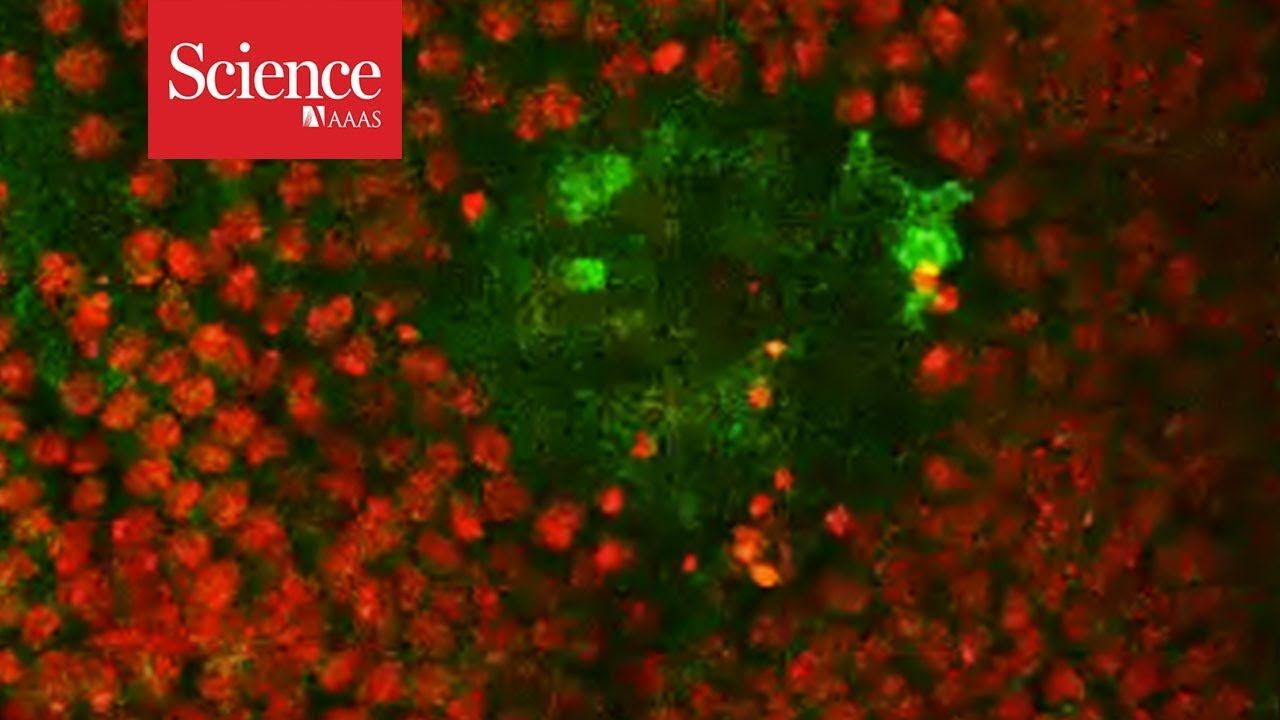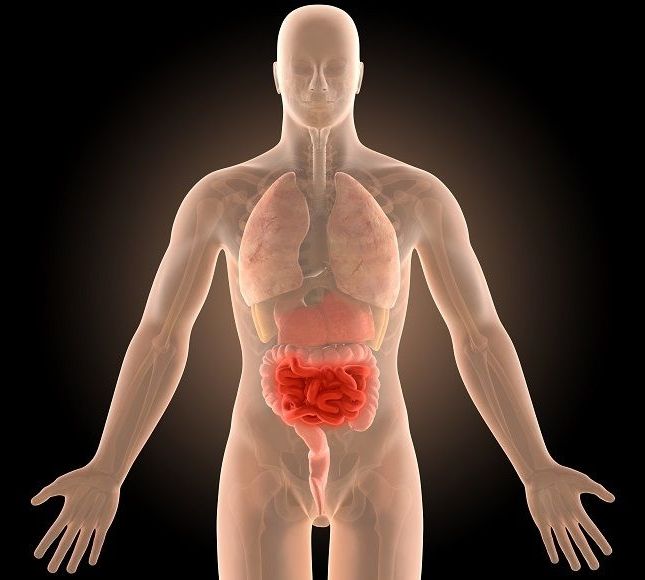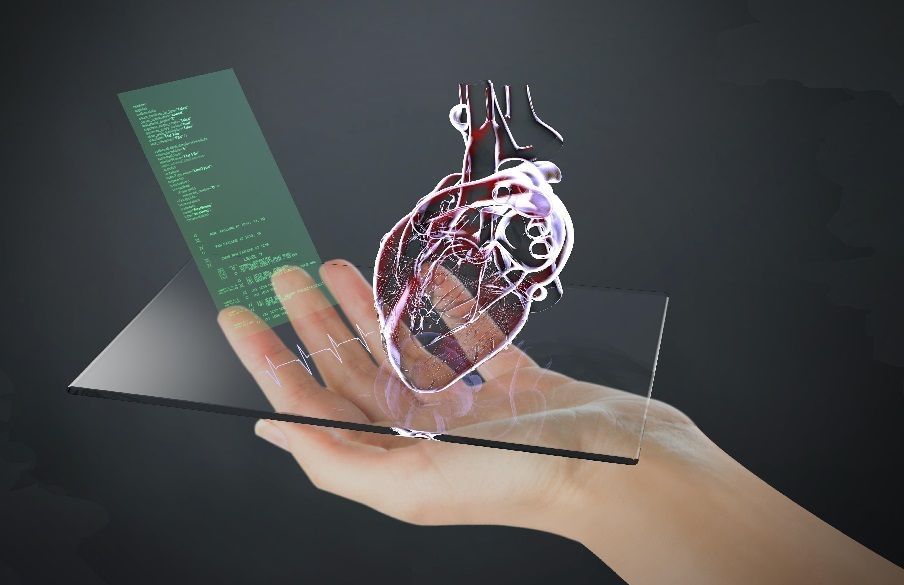Page 8885
Mar 18, 2018
Our Enemy Within: Gut Bacteria Fuel Autoimmune Disease
Posted by Brady Hartman in categories: biotech/medical, life extension
Summary: Scientists just discovered bacteria that trigger autoimmune conditions and found that a simple antibiotic or vaccination stopped the autoimmune reaction. [This article first appeared on LongevityFacts. Author: Brady Hartman. ]
Yale University researchers discovered a strain of gut bacteria that can travel throughout the body and trigger an autoimmune reaction. More importantly, the scientists say that administering simple antibiotics or vaccines can suppress the autoimmune response, and hold promise as new treatments for chronic autoimmune conditions, such as autoimmune liver disease and systemic lupus.
An autoimmune disease is a condition in which the immune system mistakenly attacks healthy tissue. Up until the new study, scientists weren’t sure what causes autoimmune disease. However, researchers have long suspected that bacteria and viruses play a role.
Mar 18, 2018
This New Cholesterol Drug Might Reduce Risk of Dying
Posted by Brady Hartman in categories: biotech/medical, life extension
Summary: Cholesterol drug alirocumab was linked to a 15% lower risk of dying in a new study released Saturday. [This article first appeared on LongevityFacts. Author: Brady Hartman. ]
The cholesterol-lowering drug alirocumab was linked to a 15% lower risk of death, and an equivalent reduction of cardiovascular events, such as heart attack and stroke, according to a new study.
It’s the first time a cholesterol-lowering drug has reduced deaths since statins such as Crestor and Lipitor came out decades ago.
Continue reading “This New Cholesterol Drug Might Reduce Risk of Dying” »
Mar 18, 2018
Lead Exposure Causes as Many Deaths as Smoking Suggests a New Study
Posted by Brady Hartman in category: futurism
A new study in a leading journal suggests that traces of lead in the environment is on par with smoking as a cause of death.
Mar 18, 2018
Researchers Link Vitamin D to Reduced Cancer
Posted by Brady Hartman in categories: biotech/medical, life extension
Summary: Vitamin D linked to a 20% lower risk of cancer in an extensive 16-year study of over 33,000 people published yesterday in a top journal. [This article first appeared on LongevityFacts. Author: Brady Hartman. ]
Higher levels of vitamin D may be connected to a lower risk of developing cancer, concludes an extensive study of Japanese adults published yesterday.
The scientists say their findings support the theory that vitamin D might help protect against some cancers.
Continue reading “Researchers Link Vitamin D to Reduced Cancer” »
Mar 18, 2018
Top Researchers Want to Beat Back Our Chronic Diseases of Aging
Posted by Brady Hartman in categories: biotech/medical, education, life extension

https://youtube.com/watch?v=Z9fdOQs-86M
Summary: A sneak peek of an upcoming documentary takes us inside the minds of the leaders in the life extension field and their recent discoveries to ward off the diseases of aging. [This article has been updated and first appeared on LongevityFacts. Author: Brady Hartman.]
Leaders in the field of longevity research plan to help us live healthier, longer lives with their recent scientific discoveries.
Continue reading “Top Researchers Want to Beat Back Our Chronic Diseases of Aging” »

For the first time, researchers in Scotland observe fat cells – formerly thought to be immobile — rushing in to heal wounds.
Mar 18, 2018
Regenerating new heart tissue to repair disease
Posted by Brady Hartman in category: biotech/medical
Scientists are developing heart patches for adults as well. For example, biomedical engineers at Duke University have created a fully functioning lab-grown human heart muscle large enough to patch over the damage typically suffered in a heart attack.
While Duke’s heart patches are still in their early stages, they appear to be a tremendous improvement over existing cell therapies. Clinical trials are currently testing the tactic of injecting stem cells directly into the affected site in an attempt to restore some of the damaged heart muscle. However, it doesn’t help very much. Fewer than 1% of the injected cells survive in the heart, and even fewer become cardiac muscle cells.
On the other hand, heart patches could potentially be implanted over the dead heart muscle and remain active for a long time, strengthening contractions and providing a conductive circuit for the heart’s electrical signals to travel through. These patches also secrete growth factors and enzymes that could help the recovery of damaged tissue that hasn’t yet died.
Mar 18, 2018
Researchers Paint Bullseye on Target to Stop Tumor Metastasis
Posted by Brady Hartman in categories: biotech/medical, life extension
Summary: In a medical first, UT Dallas researchers just found a way to paint a bullseye target on cancer stem cells, the source of tumor metastases which spread through the body to cause 90% of all cancer deaths. [This article first appeared on LongevityFacts. Author: Brady Hartman. ]
Researchers with the University of Texas at Dallas just found a way to isolate and tag cancer stem cells, the chief culprit involved in cancer spreading to other parts of the body – the cause of 90% of all cancer deaths.
While they haven’t developed drugs that eliminate these aggressive cancer cells, they can paint a bright bullseye on their elusive target, making it easier to kill cancer stem cells.
Continue reading “Researchers Paint Bullseye on Target to Stop Tumor Metastasis” »
Mar 18, 2018
Researchers catch the molecule triggering inflammation in autoimmune diseases
Posted by Brady Hartman in category: biotech/medical
In a first, a research team catches a rogue molecule in the act — one implicated in the inflammation of autoimmune diseases like arthritis.
















